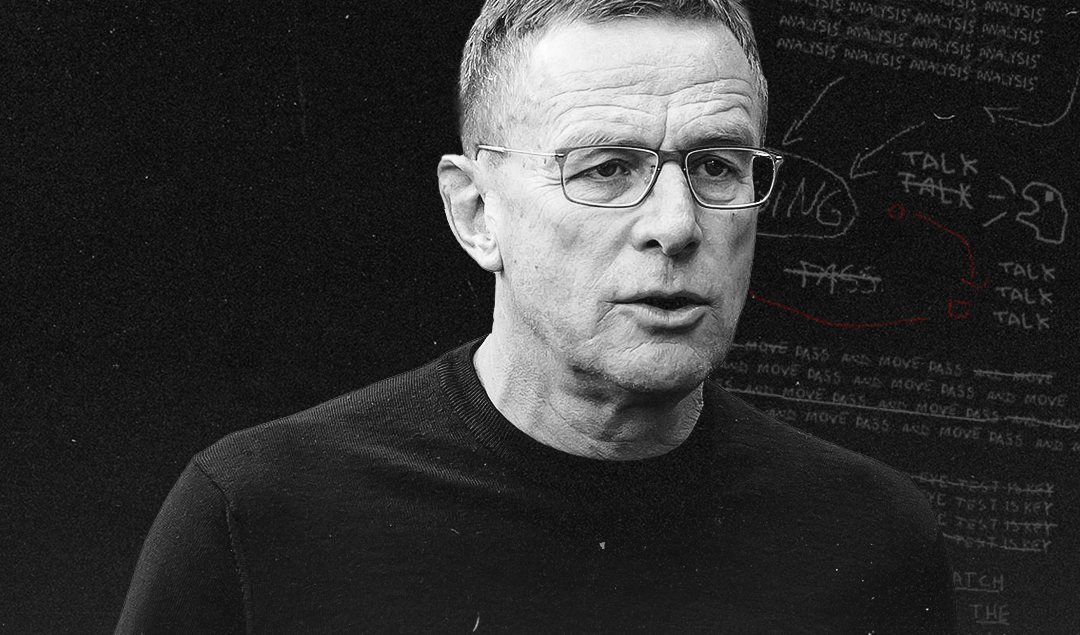How Schalke Went from Raul to Relegation
With seven German championships, five DFB-Pokals, and one UEFA Cup, Schalke have emerged as one of the most successful clubs in German football since their founding in 1904, but they currently sit one point above last place after drawing 2-2 to Borussia Dortmund. After earning promotion last season, Schalke could be set to drop back down to the second tier.
Schalke’s heyday in the 30s and 40s prompted them to be considered for the initial season of the Bundesliga, in 1963. After a tumultuous period during the late 70s and 80s, where a match-fixing scandal rocked the club and relegations and promotions succeeded one another in quick succession, Schalke entered the 1990s revitalized and would grab their first European trophy in 1997.
The team nicknamed the “Euro Fighters” beat Inter Milan on penalties to win the UEFA Cup. In the early part of the new millennium, Schalke added DFB Pokal wins, strong top-three finishes and forays into the latter stages of European competition to their repertoire, with prolific marksman Kevin Kurányi up front.
In 2006, energy giant Gazprom became the Miners’ new sponsors, in a move criticized in Germany at a time, before the word ‘sportswashing’ had even been invented. The Russian state-owned energy company would showcase its financial strength in 2009 when Raul and Klaas-Jan Huntelaar joined the already very talented cast at the Veltins Arena, including Manuel Neuer, Julian Draxler and Joel Matip.
With Ralf Rangnick at the helm, the famous 2011 quarter-final win over Inter Milan and the DFB Pokal gave Schalke fans lofty ambitions for the future. Up until 2018, strong performances continued, with talents like Leroy Sane and Leon Goretzka coming from their esteemed academy alongside the previously mentioned Neuer and Draxler.
Players like these kept the club’s finances viable, through their sales. However, during the 2018–19 season cracks were beginning to show, with the departures of Goretzka and Max Meyer on free transfers, a foreshadowing of what was to come. This lack of outlook, which would usually be offset by huge sales, became a huge burden when the pandemic hit.
Combine that with suspect or, at best, indifferent recruitment and the very high costs of their new training center, and a financial storm could be seen on the horizon. The training center in question was to become the second most expensive such facility in the world, behind only Manchester City’s, with its plans being devised at a time when Schalke consistently ranked amongst the most valuable clubs in the world.
The last four years saw the club fall from 14th position, occupied in 2019, to outside the top 20. No less than 10 managers have been at the helm of the club since 2019, with lower-half finishes leading to Schalke’s relegation in 2021.
The threat of bankruptcy was temporarily averted by the return of the fans, but in 2022, Vladimir Putin’s invasion of Ukraine meant the club severed ties with its long-standing sponsor Gazprom. At the moment they are lined up for another relegation and a rejuvenation seems a very distant prospect, especially considering Schalke’s structure. The club is entirely fan-owned, with millionaire investors being usually frowned at a club that takes immense pride in its working-class status.
By: Eduard Holdis / @He_Ftbl
Featured Image: @GabFoligno / TF-Images / DeFodi Images
